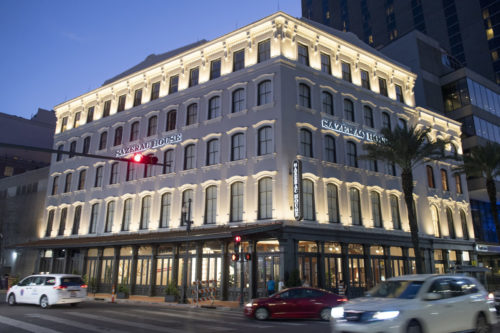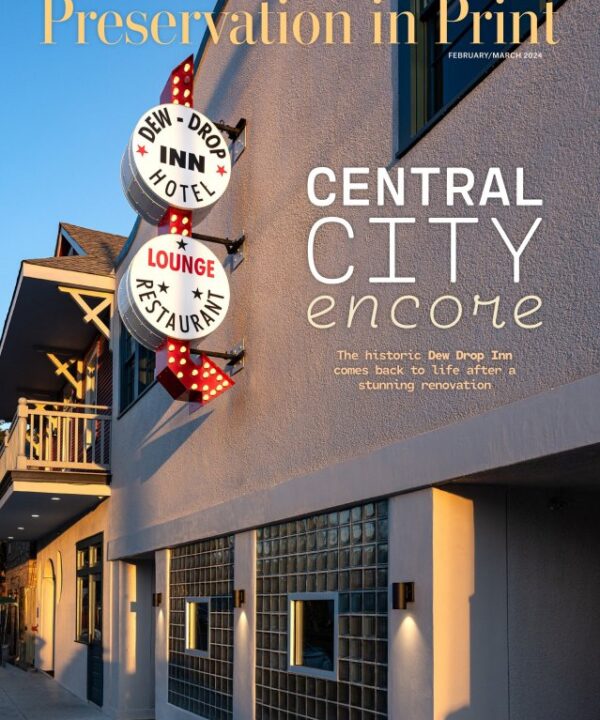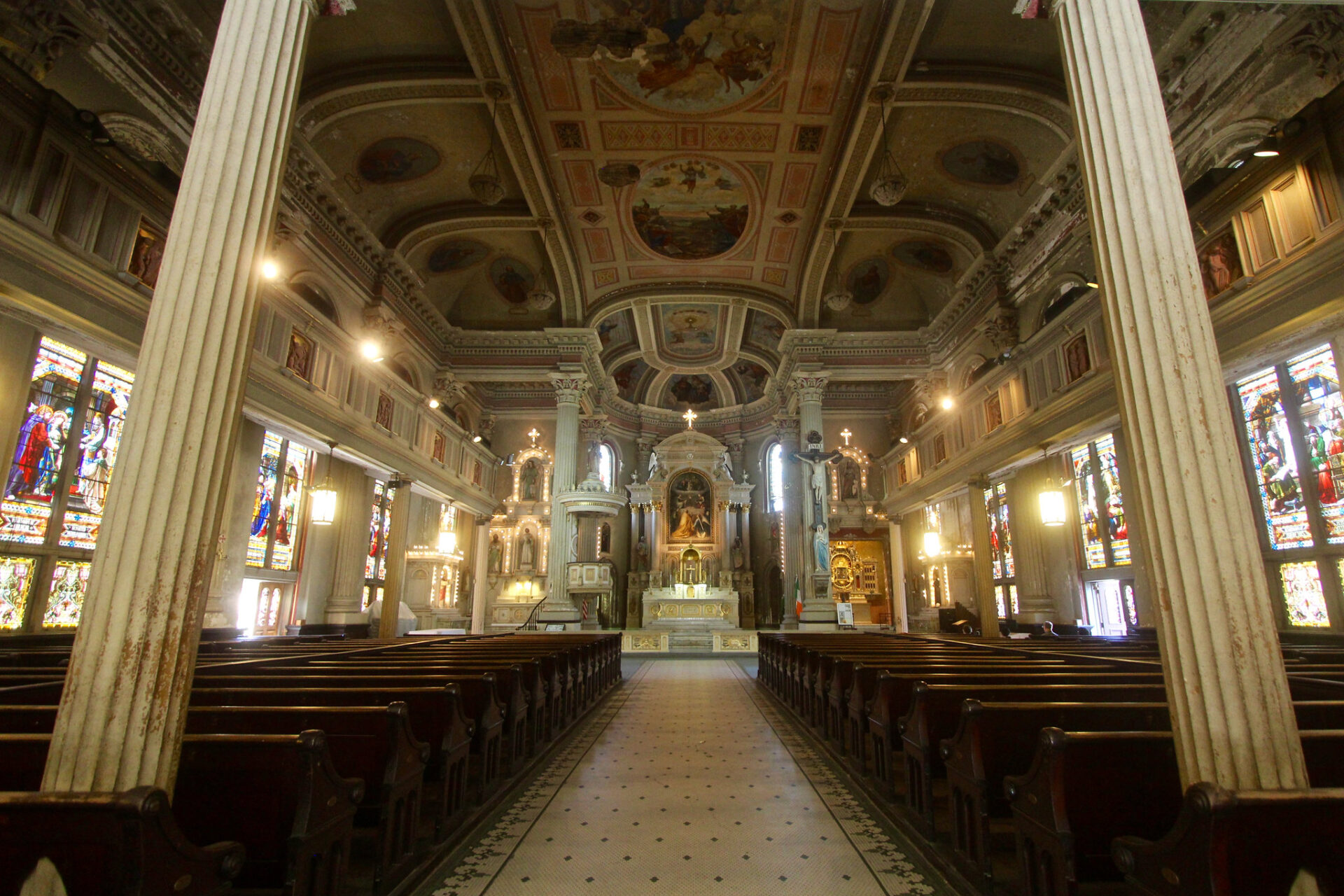On Dec. 7, Louisiana’s National Register Review Committee recommended that Joe Victor’s Saloon at 1534 St. Louis St. in Tremé be listed in the National Register of Historic Places. The recommendation comes 23 years after the New Orleans Historic District Landmarks Commission designated the property a local landmark in 2000.
To be eligible for listing in the NRHP, a site must be at least 50 years old and must meet at least one of the program’s four main criteria: significant associations with events in history (A) or people (B), distinctive architectural design (C) or archaeological potential (D).
Joe Victor’s Saloon is the oldest of only three remaining buildings from Storyville, New Orleans’ red-light district that operated from 1897 to 1917. During this time, prostitution was essentially legalized within the boundaries of the district. At the review committee meeting, the presentation on the building was brief, but the nomination report indicates that along with brothels, other businesses proliferated in Storyville, including saloons, dance halls, restaurants and cabarets that encouraged musical experimentation and contributed to the birth of jazz. Sex work and some forms of entertainment in Storyville informally operated outside the strict bounds of legal segregation, creating a racially mixed social scene where Black and Creole musicians frequently performed for integrated audiences.
The surviving Storyville building is eligible for the National Register under Criterion A, for its association with events that have made a significant contribution to the broad patterns of history in the areas of Entertainment/Recreation. Only one member of the committee opposed the nomination. The rest of Storyville was demolished in the 1940s to allow for the construction of the Iberville public housing development.
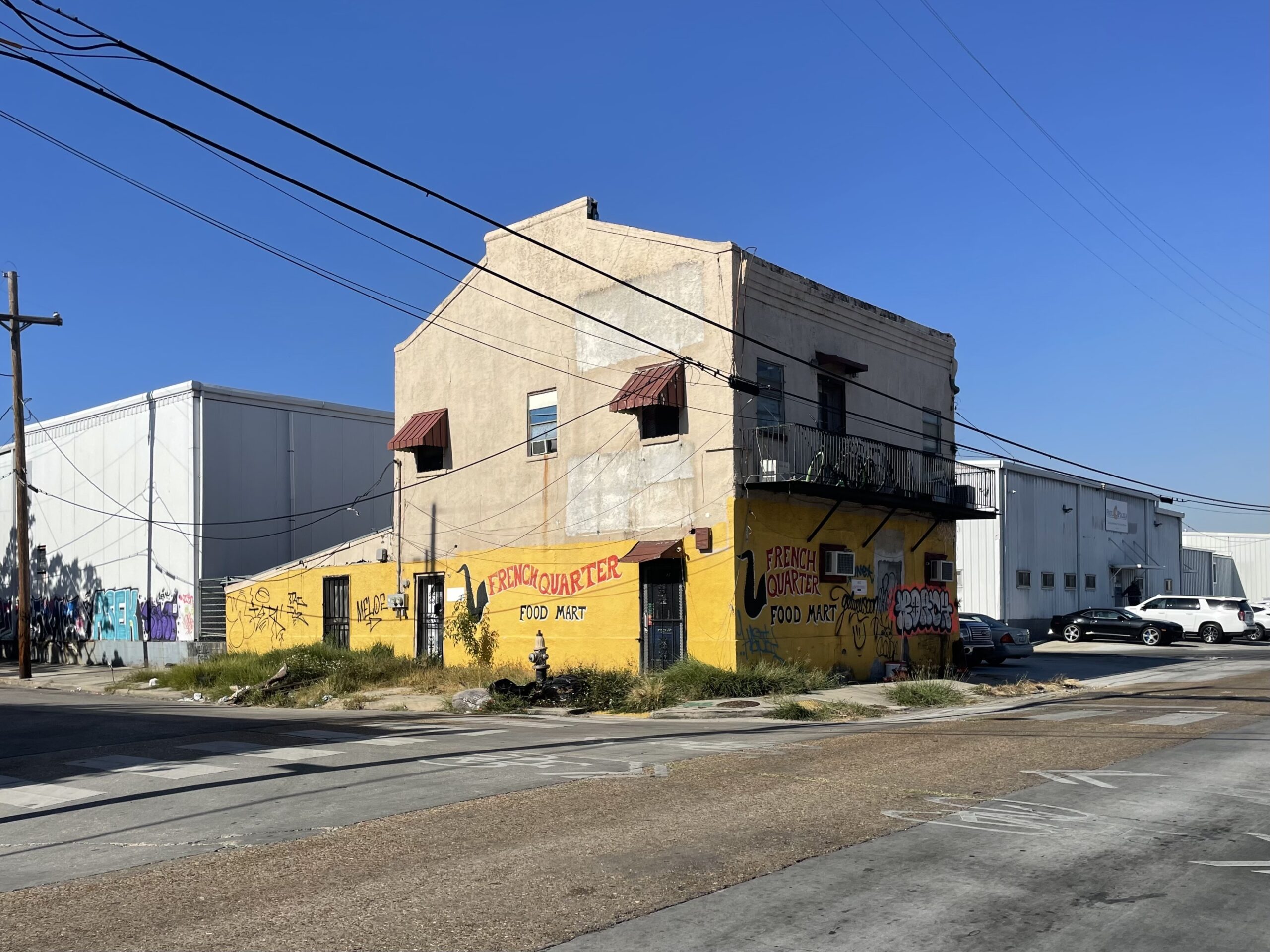 Joe Victor’s Saloon at 1534 St. Louis St. Photo by Dee Allen.
Joe Victor’s Saloon at 1534 St. Louis St. Photo by Dee Allen.
The committee also considered the eligibility of a multiple property listing for Rosenwald Schools in Louisiana (1917-1932). These educational facilities for Black students were paid for in part by a fund established by the philanthropist Julius Rosenwald and in part by matching funds from local Black and white communities. The fund helped establish almost 5,000 schools as well as hundreds of teachers’ homes and industrial and vocational buildings across 15 states in the South. Many of these significant schools have been demolished, and the Louisiana Trust for Historic Preservation has been working for more than three years to identify the remaining Rosenwald schools in the state.
A total of 395 Rosenwald-funded schools were constructed in Louisiana, and only 18 have been identified as extant, in addition to two teachers’ residences. One of the schools included in the nomination is the Cut Off Rosenwald School in Orleans Parish. The committee voted unanimously in favor of recommending the Rosenwald Schools in Louisiana as eligible for listing in the National Register.
Five other individual nominations were considered and recommended for National Register listing: Old Pineville Town Hall in Rapides Parish; Our Mother of Mercy Church and School in Acadia Parish; Emile Bergeron Farmstead in St. Martin Parish; and the Mt. Sinai Rosenwald School and the Fellowship Rosenwald Teachers Residence, both in Claiborne Parish.
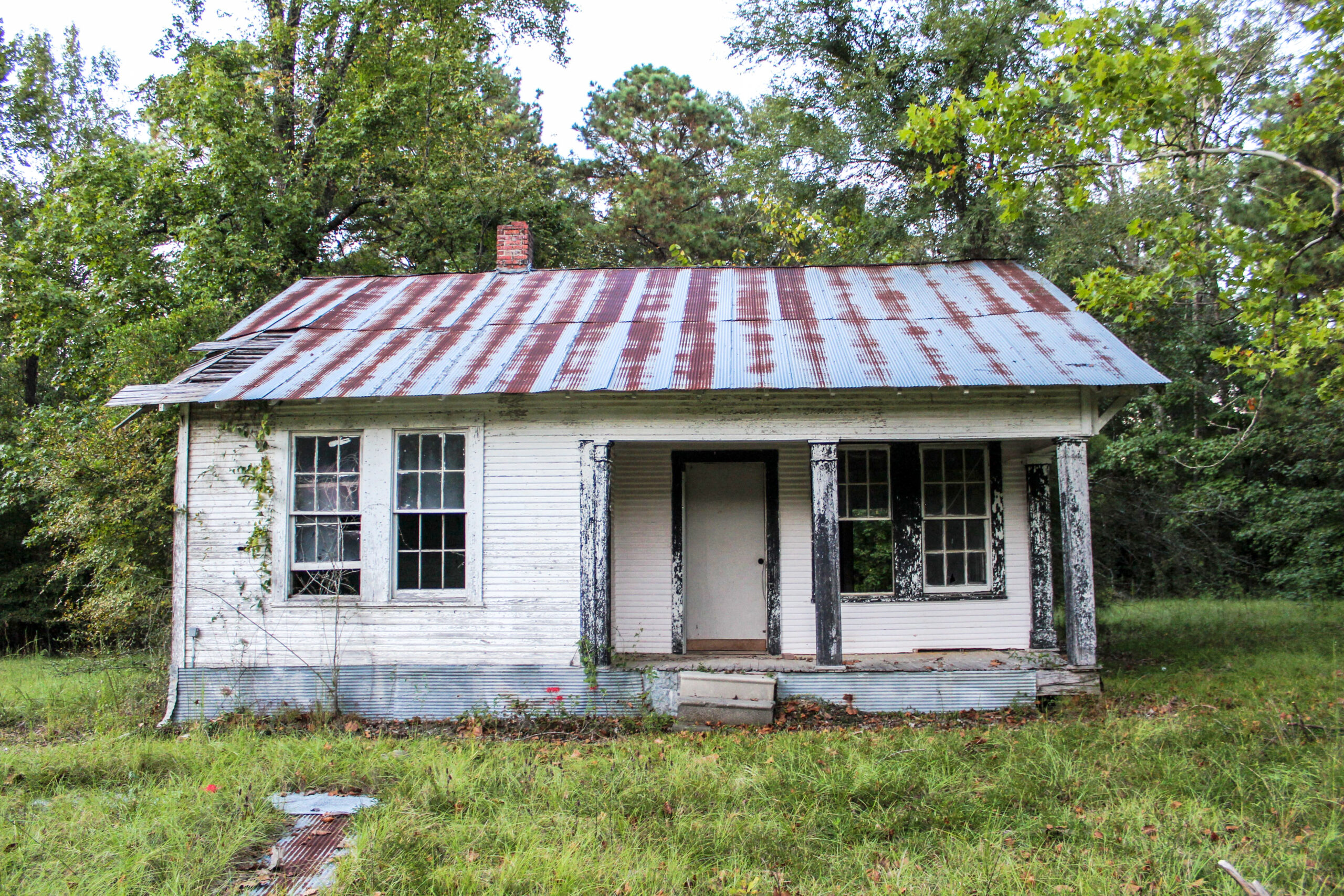 Fellowship School teachers residence in Claiborne Parish, built in 1923. Photo courtesy of Brian Davis with the Louisiana Trust for Historic Preservation.
Fellowship School teachers residence in Claiborne Parish, built in 1923. Photo courtesy of Brian Davis with the Louisiana Trust for Historic Preservation.
In other business, the committee voted to approve a boundary increased for the National Register-listed LSU Historic District as well as the relocation of the National Register-listed Southern Pacific Steam Locomotive No. 745 from Jefferson to the Garyville Timber Mill Museum in Garyville, where it will be fully restored.
Established in 1966, the National Register is the nation’s official list of significant historic properties. In Louisiana, the National Register program is administered by the state Division of Historic Preservation. The review committee — comprised of people involved with or interested in the field of historic preservation — considers nominations and votes on whether the State Historic Preservation Office should recommend them to the National Park Service, which ultimately decides what properties are listed. Listing in the National Register has several benefits in Louisiana, including eligibility for financial assistance in the form of tax credits, certain protections from federally funded projects, and national prestige.
MaryNell Nolan-Wheatley is PRC’s Advocacy Coordinator & Public Policy Research Director.

